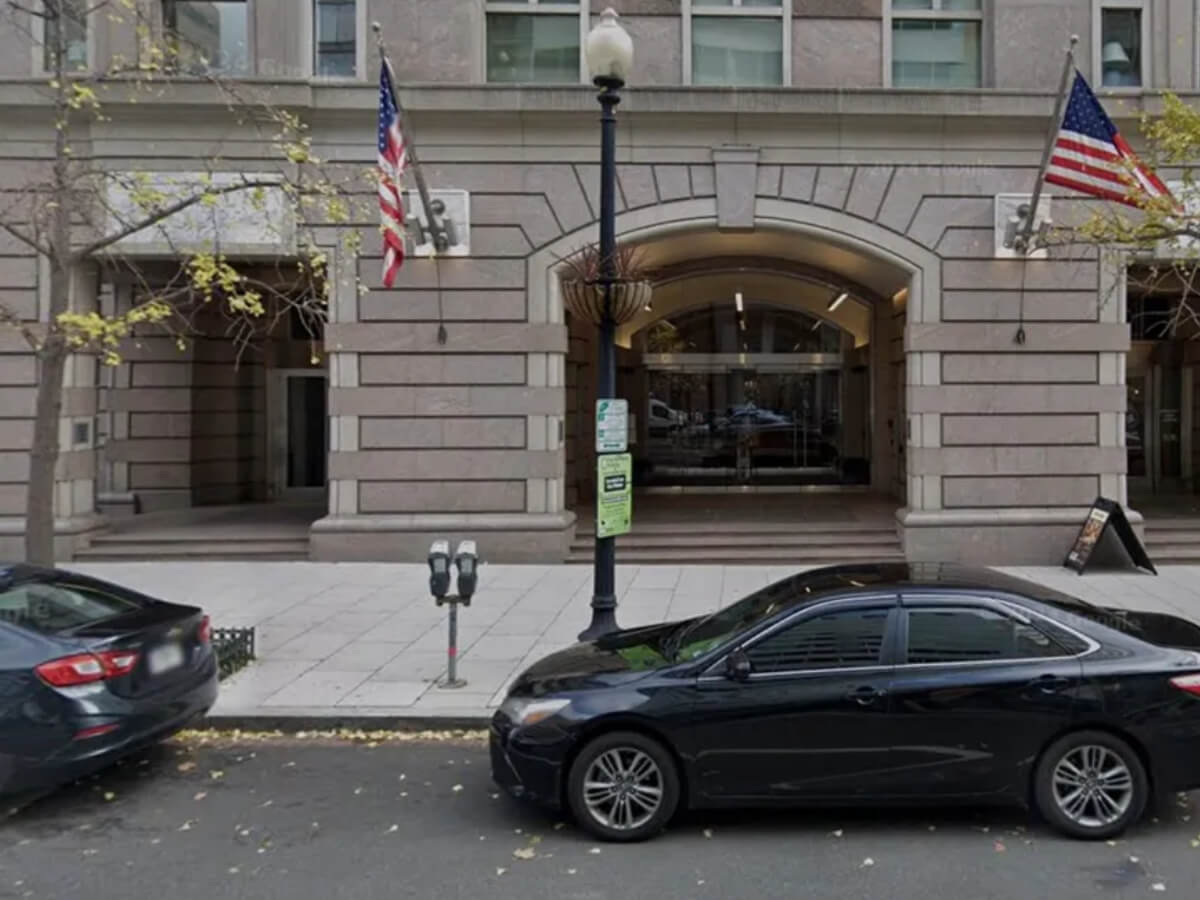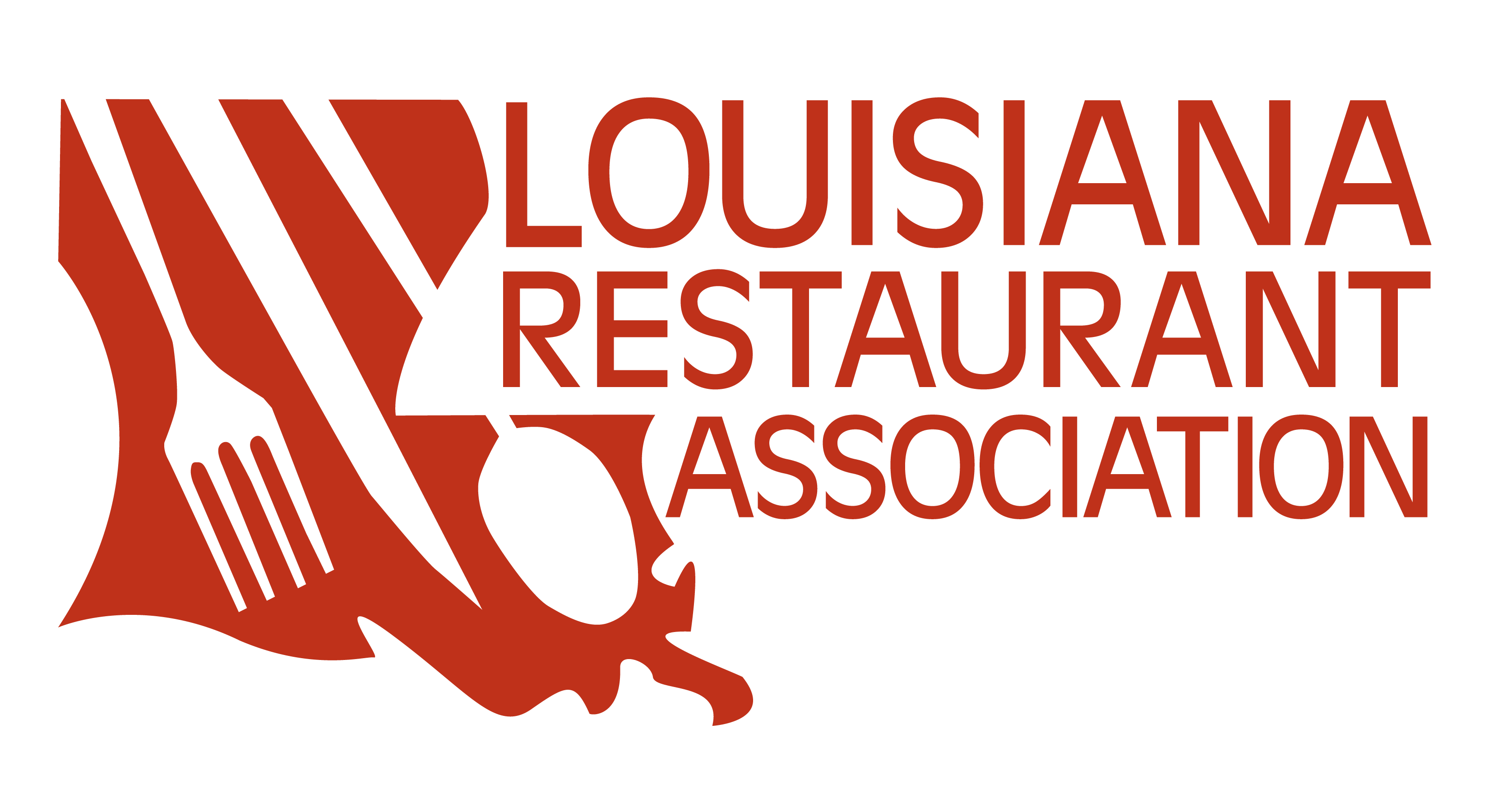Latest News
Restaurant Industry Notches Win in Battle Against NLRB Joint Employer Rule

Jul 22, 2024
The NLRB withdrew its appeal to the 5th Circut decision vacating the 2023 Joint Employer Rule, putting a “direct and immediate” standard back in place.
Washington, D.C. – Friday, July 19, 2024, the National Labor Relations Board (NLRB) was granted a request to withdraw its appeal of the United States District Court in the Eastern District of Texas decision vacating the 2023 Joint Employer Rule. This means that the long-established “direct and immediate” joint employer standard will again be in place, providing clear and stable guidance for foodservice employers and employees.
“This is a major victory in the long fight that franchise operators, the restaurant industry, and the Restaurant Law Center have been waging with the NLRB over the Joint Employer Rule,” said Sean Kennedy, executive vice president of Public Affairs for the National Restaurant Association. “Today, restaurant operators have clarity and certainty on how to determine joint employer status now and in the future. This means operators can once again confidently focus on growing their businesses and feeding their communities.”
“The Restaurant Law Center welcomes the dismissal of the NLRB’s appeal,” said Angelo I. Amador, executive director of the Restaurant Law Center, a leading co-plaintiff in the legal challenge. “If the new Joint Employer rule had been allowed to stand, it would have imposed joint-and-several liability on virtually every entity that hires contractors subject to routine parameters or on any employer that collaborates with a third party of any kind in achieving common goals that have an incidental or indirect effect on the third party’s employees. In other words, it was an unmanageable standard. Nothing in the National Labor Relations Act or common law compelled such an approach.”
The vacated 2023 NLRB Joint Employer rule attempted to establish a joint-employer relationship even if there was only indirect or potential/reserve control over another employer’s workers. For decades, the NLRB had found that the essential element of a joint-employer relationship is whether a presumed joint employer’s control over employment matters is “direct and immediate.”
